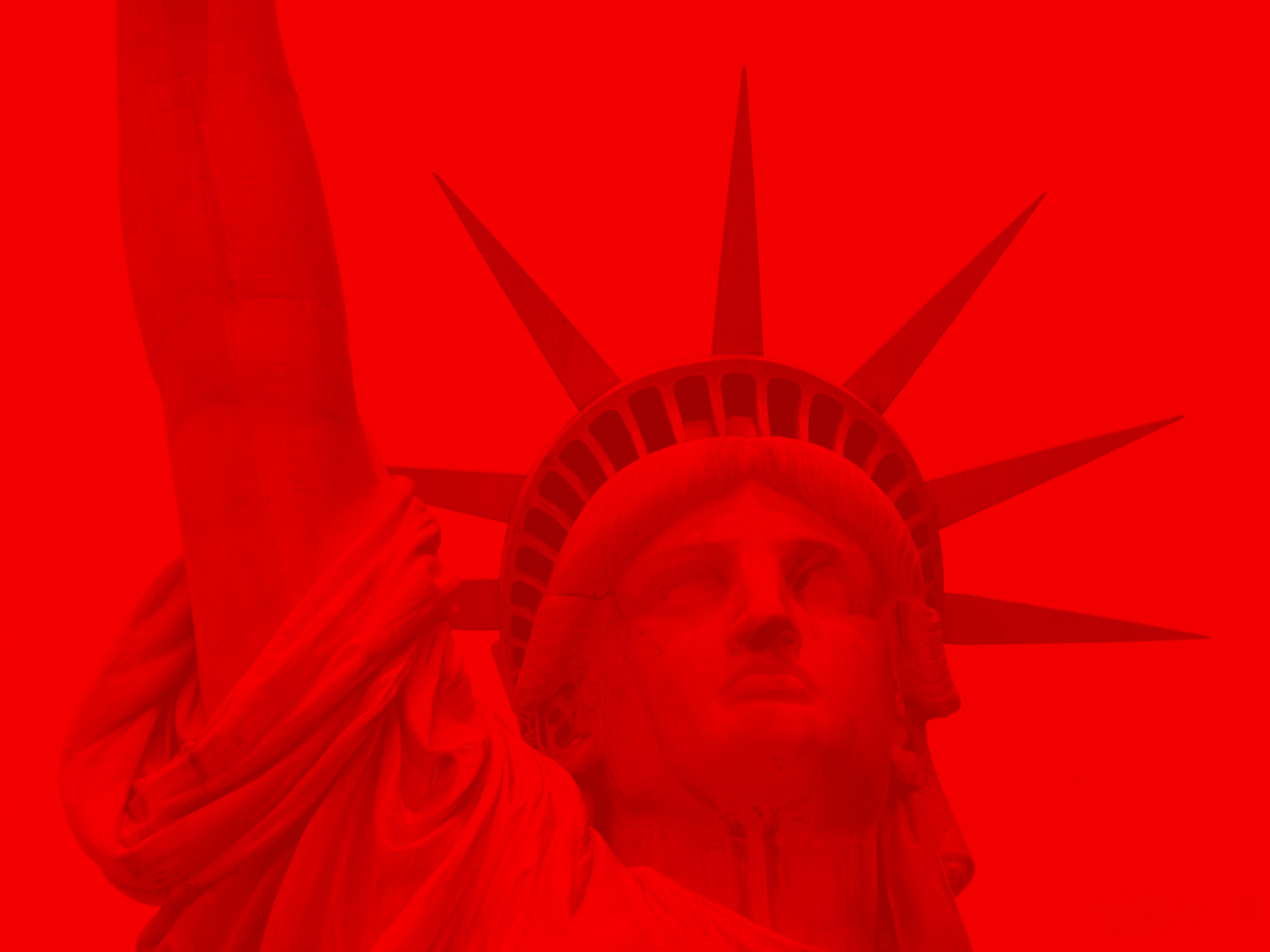Iran’s Thriving Oil Exports
A glaring gap persists between Western aspirations to curtail Iran's oil revenue and the stark reality of its flourishing exports. Stated objectives, such as slashing Iranian oil to a mere 100,000 barrels per day, are dwarfed by current figures approaching 1.6 million barrels daily.
The primary recipient of this flow is China, creating a financial lifeline that not only neutralizes sanctions but also emboldens a regime adversarial to American and European interests. This necessitates a fundamental rethinking of strategy, with a shared transatlantic commitment to dismantle this illicit commerce.
Tehran's resilience in the face of sanctions stems from a meticulously crafted evasion apparatus. This includes the clandestine "shadow fleet" of tankers, systematic document falsification, at-sea ship-to-ship transfers, and a large network of front companies to repatriate the revenue. Critically, this sophisticated operation thrives because of Beijing's tacit, and at times overt, support, driven by a desire for discounted energy and a strategic interest in propping up Tehran.
To counter this, Washington and its European allies must prepare to exert uncomfortable levels of pressure directly on Chinese entities. A robust response demands a multi-pronged approach, synergizing financial, physical, and diplomatic measures to curb Iran's oil trade and its revenue streams.
Targeting the Economic Lifelines
The lifeblood of this trade is its financial infrastructure. A concerted US-EU effort must aggressively target all entities party to Iranian oil transactions. This includes imposing primary and secondary sanctions not only on Chinese refineries processing Iranian crude but also on the ports facilitating the trade and the subsequent purchasers of those refined products.
The personal culpability of those involved must be underscored by designating board members, key executives, and significant shareholders within these entities, expanding such measures both broadly across industries and deeply within corporate structures.
To increase the pressure, Europe must decisively sanction the Supreme Leader’s vast business network, a key slush fund for the supreme leader and the regime’s illicit activities. Furthermore, critical financial intermediaries—Chinese banks processing oil revenues, international insurers underwriting suspect voyages, and other financial service providers—must become primary targets.
European nations and the EU should urgently align their sanctions lists with U.S. designations targeting this network, presenting a unified front to both Tehran and Beijing.
Disrupting Smuggling Networks
Direct action against the transport of Iranian oil is non-negotiable. The U.S. Navy and allied maritime forces must escalate tanker confiscations, backed by significantly enhanced intelligence for tracking suspect vessels and a fortified legal framework to expedite seizures and asset forfeiture.
The message must be unambiguous: engaging in this trade guarantees immediate, crippling financial loss. This proactive stance must be coupled with readiness to deter and respond to inevitable Iranian provocations in key waterways like the Persian Gulf and Red Sea.
Beyond the tankers themselves, the enabling infrastructure—ports, complicit port operators, and storage facilities that facilitate these shipments—must face punitive sanctions. Washington should also intensify covert operations, mirroring its approach to terrorist financiers, to disrupt key nodes and operatives within the Iranian oil smuggling ecosystem, particularly those linked to the Islamic Revolutionary Guard Corps (IRGC).
Building a United Front
A broad diplomatic coalition is essential. The U.S. and EU must apply sustained pressure on the nearly thirty nations, including partners like the UAE and Turkey, identified as facilitating this trade, making clear the severe consequences of continued complicity. This may necessitate coercive diplomacy for those unwilling to acknowledge the gravity of the Iranian threat.
Crucially, the UK, France, and Germany must take immediate, decisive action to trigger the "snapback" mechanism within UN Security Council before its October expiration. Re-imposing comprehensive multilateral sanctions is vital to counter the deepening Russia-China-Iran axis.
Furthermore, Brussels and London should join Washington in designating the entire IRGC as a terrorist organization. Given the IRGC's role in global terrorism, domestic oppression, and its deep entanglement in the illicit oil trade, such a designation would significantly empower law enforcement and send a potent message.
There is no pathway to staunching Iran's oil flow that does not involve compelling China to choose between its economic benefits from discounted Iranian crude and its broader international standing. A comprehensive, assertive, and unified transatlantic strategy, willing to impose tangible costs on Chinese complicity, can turn the tide against this dangerous alliance.


